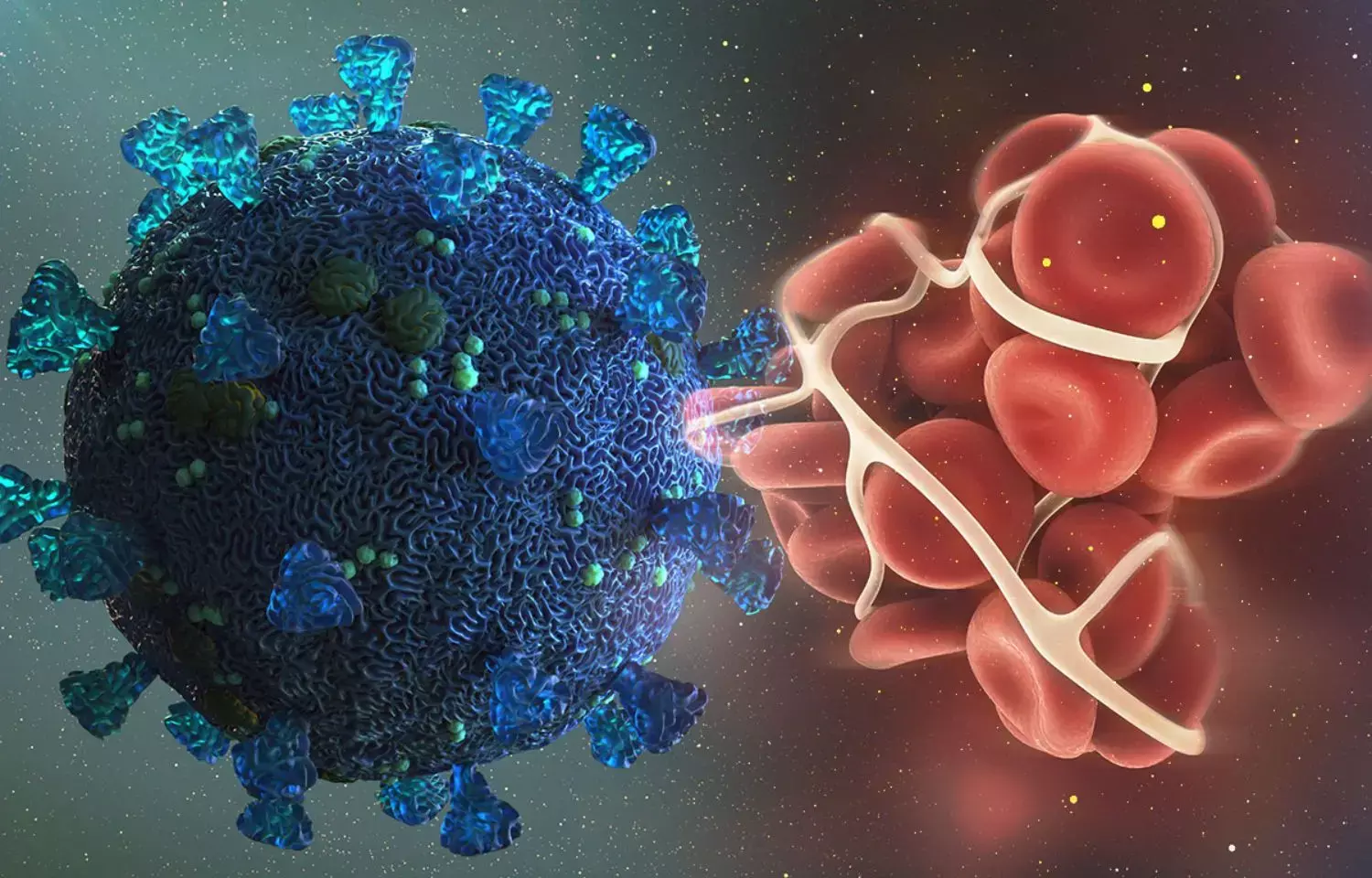- Home
- Medical news & Guidelines
- Anesthesiology
- Cardiology and CTVS
- Critical Care
- Dentistry
- Dermatology
- Diabetes and Endocrinology
- ENT
- Gastroenterology
- Medicine
- Nephrology
- Neurology
- Obstretics-Gynaecology
- Oncology
- Ophthalmology
- Orthopaedics
- Pediatrics-Neonatology
- Psychiatry
- Pulmonology
- Radiology
- Surgery
- Urology
- Laboratory Medicine
- Diet
- Nursing
- Paramedical
- Physiotherapy
- Health news
- Fact Check
- Bone Health Fact Check
- Brain Health Fact Check
- Cancer Related Fact Check
- Child Care Fact Check
- Dental and oral health fact check
- Diabetes and metabolic health fact check
- Diet and Nutrition Fact Check
- Eye and ENT Care Fact Check
- Fitness fact check
- Gut health fact check
- Heart health fact check
- Kidney health fact check
- Medical education fact check
- Men's health fact check
- Respiratory fact check
- Skin and hair care fact check
- Vaccine and Immunization fact check
- Women's health fact check
- AYUSH
- State News
- Andaman and Nicobar Islands
- Andhra Pradesh
- Arunachal Pradesh
- Assam
- Bihar
- Chandigarh
- Chattisgarh
- Dadra and Nagar Haveli
- Daman and Diu
- Delhi
- Goa
- Gujarat
- Haryana
- Himachal Pradesh
- Jammu & Kashmir
- Jharkhand
- Karnataka
- Kerala
- Ladakh
- Lakshadweep
- Madhya Pradesh
- Maharashtra
- Manipur
- Meghalaya
- Mizoram
- Nagaland
- Odisha
- Puducherry
- Punjab
- Rajasthan
- Sikkim
- Tamil Nadu
- Telangana
- Tripura
- Uttar Pradesh
- Uttrakhand
- West Bengal
- Medical Education
- Industry
Age-D-Dimer-Albumin score may help predict thrombosis in SARS-CoV-2: Study

Italy: In ADA score, the combination of age, D-dimer, and albumin helps in the identification of SARS-CoV-2 patients at higher risk of thrombotic events, reports a study data published in the Thrombosis and Haemostasis.
Severe acute respiratory syndrome coronavirus 2 (SARS-CoV-2) is a highly transmissible and pathogenic coronavirus that has caused a pandemic of acute respiratory disease. SARS-CoV-2-related pneumonia is associated with venous and arterial thrombosis and is one of the main causes of mortality in infected patients. Approximately 20% of COVID-19 patients may experience these serious complications during hospitalization. Unfortunately, the available evidence to date has not identified COVID-19 patients at risk of thrombosis or the indications for anticoagulant therapy to prevent thromboembolic risk.
D-dimer is one of the protein fragments of fibrin responsible for the formation of clots (thrombi) in blood vessels. D-Dimer is used as an initial screening test in the emergency department to diagnose patients who have signs, or symptoms suggestive of venous thromboembolism (VTE). Studies have shown Lower serum albumin as a strong independent predictor for venous thrombosis events.
Francesco Violi, Sapienza University of Rome, Italy, and colleagues conducted a study to find out a new score for predicting thrombosis in patients with SARS-CoV-2.
Investigators included a cohort of 674 patients affected by SARS-CoV-2, not requiring intensive care units, and followed up during the hospitalization until discharge. Routine analyses performed at in-hospital admission included serum albumin and D-dimer while arterial and venous thromboses were the endpoints of the study.
Key observations made during follow-up,
• 110 thrombotic events were registered. Patients with thrombotic events were older and had lower albumin and higher D-dimer, compared with thrombotic event-free patients.
• On multivariable logistic regression age, serum albumin, and D-dimer were independently associated with thrombotic events.
• The linear combination of age, D-dimer, and albumin allowed for the build-up of the ADA (age-D-dimer-albumin) score, whose area under the curve (AUC) was 0.752.
• ADA score was internally validated by bootstrap sampling procedure giving an AUC of 0.752.
The authors confirm that the combination of age, D-dimer, and albumin in the ADA score helps in identifying SARS-CoV-2 patients at higher risk of thrombotic events. The study results showed that SARS-CoV-2 patients with a combination of older age, low albumin, and high D-dimer were more likely to have thrombosis compared to younger patients with normal albumin and D-dimer values.
With help of the ADA score, it is now possible to determine who is at increased risk of thrombosis and who needs anticoagulant treatment, the authors wrote.
Reference:
Violi F, Pignatelli P, Vestri AR, Spagnoli A, Cipollone F, Ceccarelli G, Oliva A, Amitrano M, Pirro M, Taliani G, Cangemi R, Lichtner M, Pugliese F, Falcone M, D'Ardes D, Venditti M, Mastroianni CM, Loffredo L; ADA GROUP. The ADA (Age-D-Dimer-Albumin) Score to Predict Thrombosis in SARS-CoV-2. Thromb Haemost. 2022 Jul 18.
doi: 10.1055/a-1788-7592
BDS
Dr. Hiral patel (BDS) has completed BDS from Gujarat University, Baroda. She has worked in private dental steup for 8years and is currently a consulting general dentist in mumbai. She has recently completed her advanced PG diploma in clinical research and pharmacovigilance. She is passionate about writing and loves to read, analyses and write informative medical content for readers. She can be contacted at editorial@medicaldialogues.in.
Dr Kamal Kant Kohli-MBBS, DTCD- a chest specialist with more than 30 years of practice and a flair for writing clinical articles, Dr Kamal Kant Kohli joined Medical Dialogues as a Chief Editor of Medical News. Besides writing articles, as an editor, he proofreads and verifies all the medical content published on Medical Dialogues including those coming from journals, studies,medical conferences,guidelines etc. Email: drkohli@medicaldialogues.in. Contact no. 011-43720751


